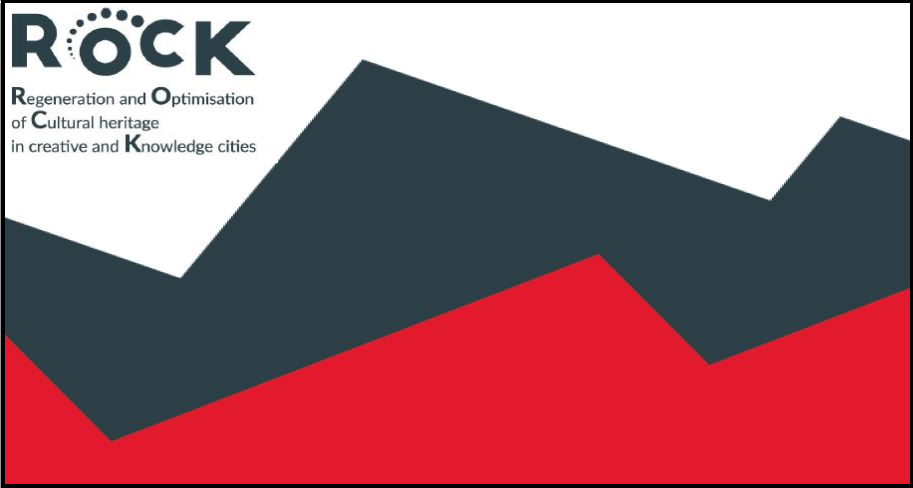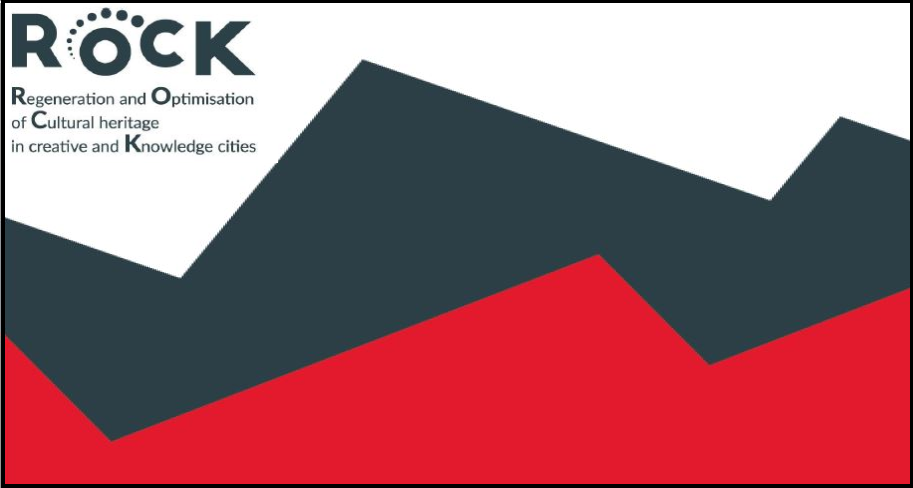|
Digital meets Culture https://www.digitalmeetsculture.net/article/linking-cultural-heritage-to-smart-specialisation-strategies/ Export date: Wed Apr 2 7:14:03 2025 / +0000 GMT |
Linking Cultural Heritage to Smart Specialisation Strategies  Today, place-based mainstream innovation policies in the EU are by large the so-called Research and Innovation Strategies for Smart Specialisation (RIS3 or S3 in acronym), which are promoted as an ex-ante conditionality for member states to get access to the European Structural and Investment Funds via Operational Programmes. Those strategies should be seen as a fast track to connect heritage to innovation policies more massively, as well as an excellent way to expand funding opportunities.This report provides a pathway to those interested in connecting the cultural heritage field with the smart specialisation strategies, in particular: i) RIS3/S3 regional leading authorities wanting to focus on cultural heritage at different levels and dimensions; ii) heritage managers wanting to frame cultural heritage within the innovation policy, notably the strategies for smart specialisation; iii) city officers wanting to unlock the potential of heritage as a driver for innovation-led local development. Today, place-based mainstream innovation policies in the EU are by large the so-called Research and Innovation Strategies for Smart Specialisation (RIS3 or S3 in acronym), which are promoted as an ex-ante conditionality for member states to get access to the European Structural and Investment Funds via Operational Programmes. Those strategies should be seen as a fast track to connect heritage to innovation policies more massively, as well as an excellent way to expand funding opportunities.This report provides a pathway to those interested in connecting the cultural heritage field with the smart specialisation strategies, in particular: i) RIS3/S3 regional leading authorities wanting to focus on cultural heritage at different levels and dimensions; ii) heritage managers wanting to frame cultural heritage within the innovation policy, notably the strategies for smart specialisation; iii) city officers wanting to unlock the potential of heritage as a driver for innovation-led local development.It is the final output of the ROCK project task named “Linking Cultural Heritage-led Urban Regeneration to Smart Specialization Strategies”. Main goal of this task was to give a transnational response to the need for better connecting heritage-applied technologies and innovative activities to the existing smart specialisation strategies. The ROCK project has been focused on historic districts as testbeds to demonstrate the full potential of cultural heritage as a driver for regeneration, sustainable development and economic growth. Based on a role model approach, ROCK´s final goal has been refining a European pattern on heritage-led urban development and regeneration. Download the full document here |